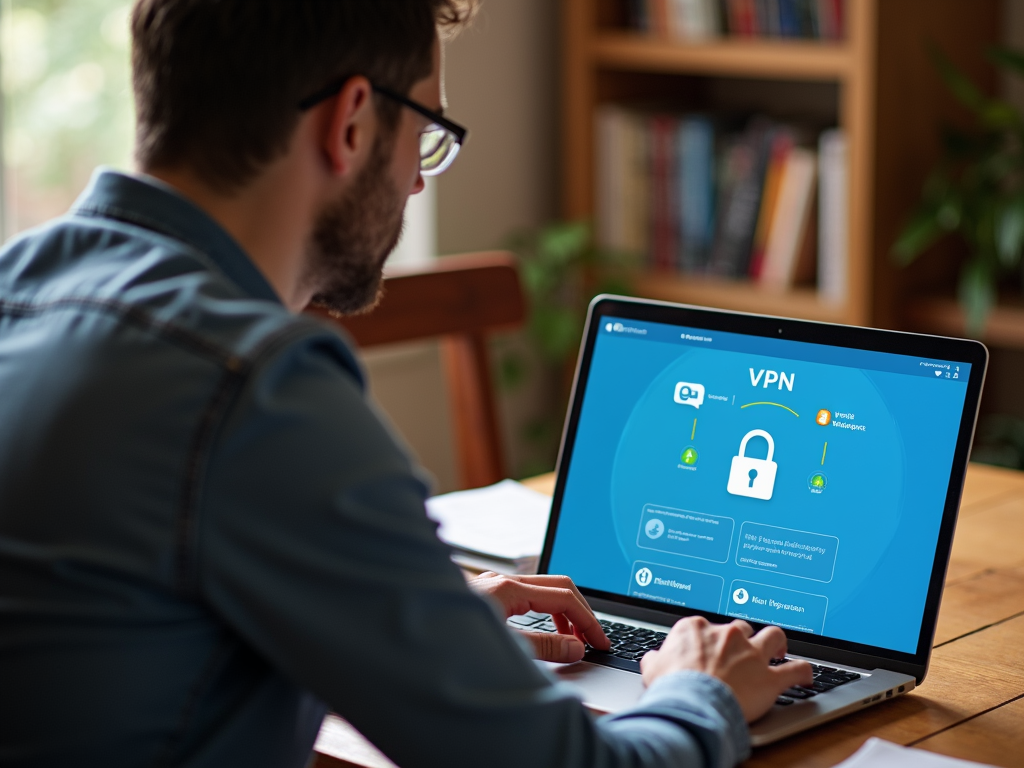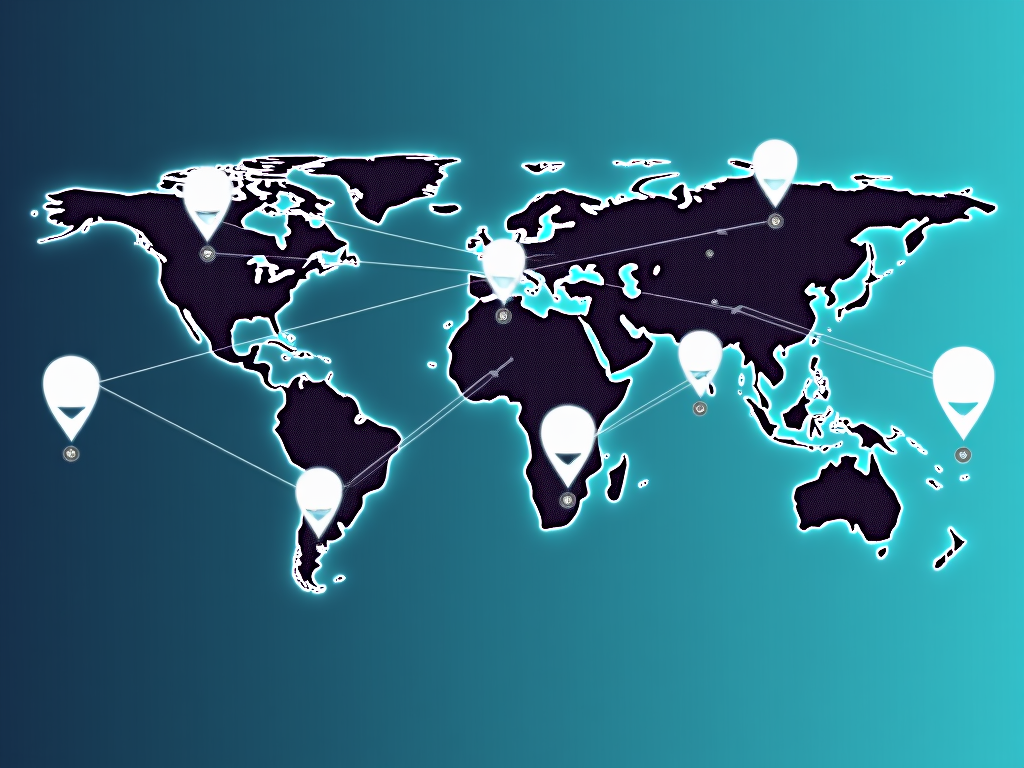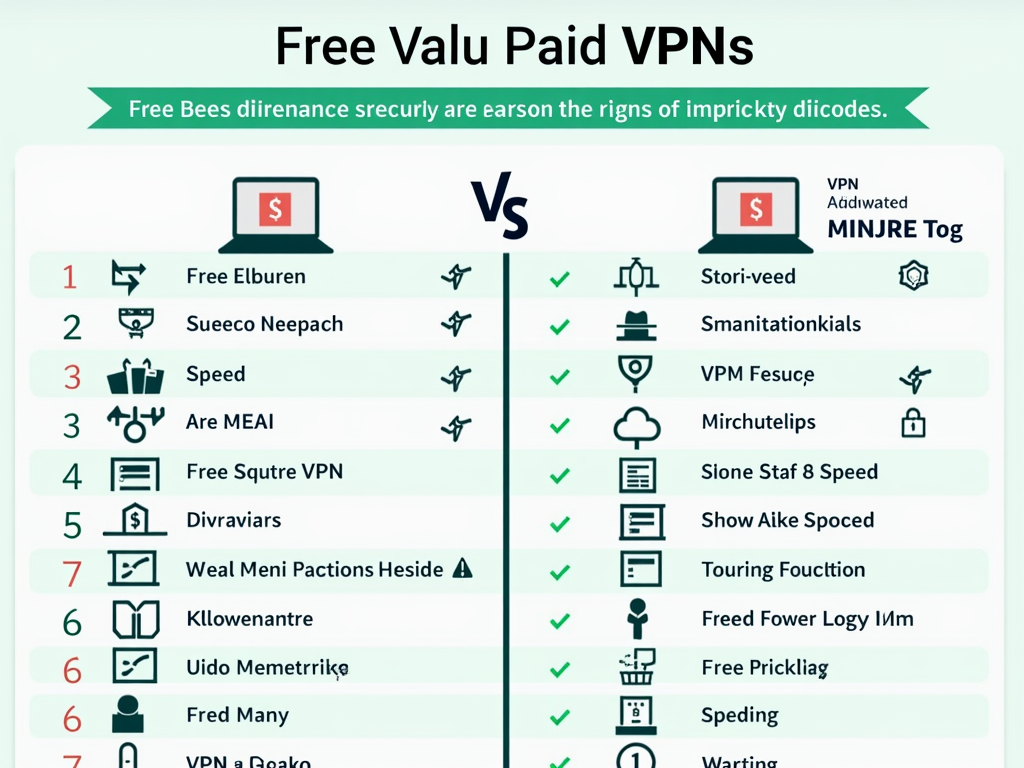Understanding VPNs: How They Enhance Your Online Security
In today's digital age, online security is more important than ever. With the increasing number of cyber threats and privacy concerns, it's crucial to take steps to protect your personal information. One of the most effective ways to do this is by using a VPN, or Virtual Private Network. A VPN creates a secure, encrypted connection between your device and the internet, ensuring that your data remains private and secure.
When you connect to a VPN, your internet traffic is routed through a remote server operated by the VPN provider. This server acts as an intermediary between your device and the websites or services you access. As a result, your IP address is hidden, and your data is encrypted, making it much harder for anyone to intercept or monitor your online activities.

There are different types of VPNs available, including free VPNs, paid VPNs, and enterprise VPNs. Free VPNs might be tempting, but they often come with limitations such as slower speeds, fewer server options, and potential privacy risks. Paid VPNs typically offer better performance, more features, and stronger security measures. Enterprise VPNs are designed for businesses and provide additional features like remote access for employees.
One of the key benefits of using a VPN is the ability to bypass geo-restrictions and censorship. Many websites and streaming services restrict access based on the user's location. By using a VPN, you can connect to servers in different countries and access content that might otherwise be unavailable to you. This is particularly useful for travelers or expatriates who want to access content from their home country.

Choosing a reputable VPN provider is crucial. Not all VPNs are created equal, and some may log user data or have weak security protocols. Look for a provider with a strong track record of protecting user privacy and security. Key features to consider include a no-logs policy, strong encryption standards, and a wide range of server locations.
In addition to VPNs, other online privacy tools can complement your security efforts. Secure browsers like Tor or Brave can provide an extra layer of privacy by blocking trackers and encrypting traffic. Password managers help you create and store strong, unique passwords for each of your online accounts. Two-factor authentication (2FA) adds an extra layer of security by requiring a second form of verification, such as a code sent to your mobile device.

When choosing the right online privacy tools, consider your individual needs and preferences. Some users may prioritize speed and performance, while others may be more concerned with privacy and security. Cost is also a factor, as some tools require a subscription fee. The best approach is to use a combination of tools that work together to provide comprehensive protection.
In conclusion, VPNs are a powerful tool for enhancing online security and privacy. By encrypting your internet traffic and masking your IP address, VPNs can protect your personal information from cyber threats and prying eyes. However, it's important to choose a reputable provider and to use VPNs in conjunction with other privacy tools for maximum protection. By taking these steps, you can enjoy a safer and more secure online experience.